
Photo courtesy: Wikicommons
Japan has decided to declare “short and powerful” states of emergency for Tokyo, Osaka and two other prefectures. The decision has been undertaken as the country struggles to contain a surge in COVID-19 cases just three months ahead of the Olympics.
The new restrictions were announced last Friday, April 23 by Prime Minister Yoshihide Sug in a news conference.
The new state began yesterday 25 April and likely to continue until 11 May. Economy Minister Yasutoshi Nishimura shared that under the latest rule the government-imposed restaurants, bars, and karaoke parlours serving alcohol to close, and big sporting events to be held without spectators. He mentioned that breaching the restrictions in some cases will carry penalties under a recently revised law.
He informed that movement of people must be absolutely limited, and it has to be done decisively. He said that powerful, short, and focused measures are required at the moment and also asked people to remember the lockdowns of last spring and stay at home. Nishimura later said in a press statement that the panel had approved the government’s plan.
Department stores and other retailers larger than 1,000 square metres have closed while companies have been asked to make greater allowances for people to work-from-home.
The state of emergency, a third round for Japan that would also include Kyoto and Hyogo would last through the “Golden Week” holidays and cover nearly a quarter of the population causing a further hit to the tourism and services industries.
Japan has so far avoided an explosive spread of the pandemic that has harshly affected many countries across the globe. There have been a total of 550,000 cases and 9,761 deaths, which is significantly lower than the numbers seen in other large economies.
But the latest rise in infections has created a strong alarm with an explosive surge in the mutant variant and a critical shortage of hospital beds in some regions, while Japan’s vaccination drive continued to remain sluggish.
Last Thursday, organisers of the Tokyo Motor Show cancelled the marquee event for this year, in a move likely to raise more questions about the government’s insistence that the Tokyo Olympics will go ahead this summer. Tokyo 2020 organisers said on the same day that a policeman who worked with the torch relay had tested positive for the virus, in a first for the event.
By Joe Cusmano

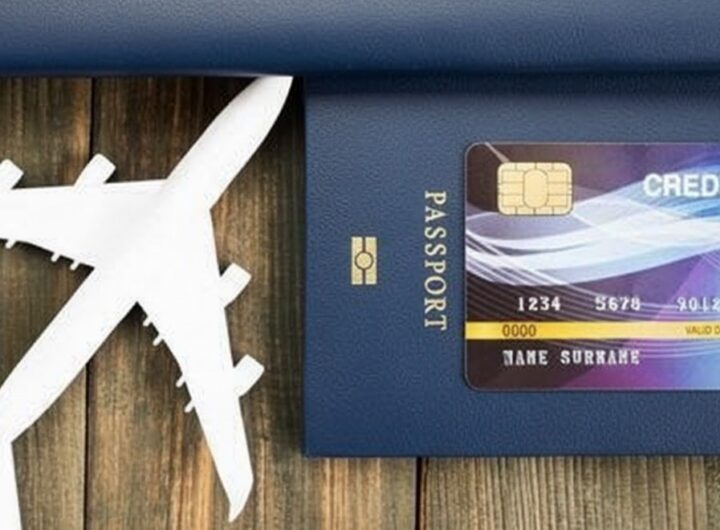 Aussies Are Jet-Setting for Free: How Frequent Flyer Points Saved Travellers $1,140 on Average Last Year
Aussies Are Jet-Setting for Free: How Frequent Flyer Points Saved Travellers $1,140 on Average Last Year 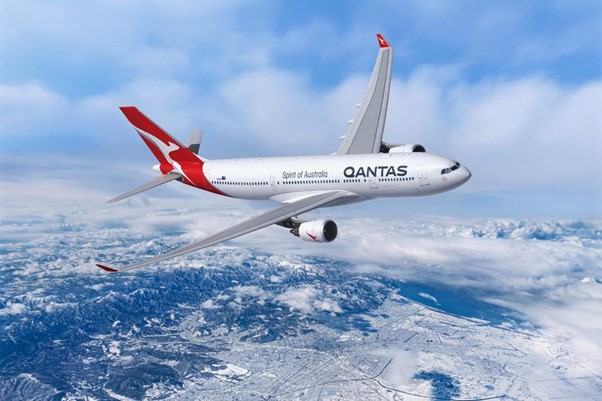 Qantas Doubles Sydney-Sapporo Flights for 2026/27: More Seats to Hokkaido’s World-Class Ski Slopes
Qantas Doubles Sydney-Sapporo Flights for 2026/27: More Seats to Hokkaido’s World-Class Ski Slopes 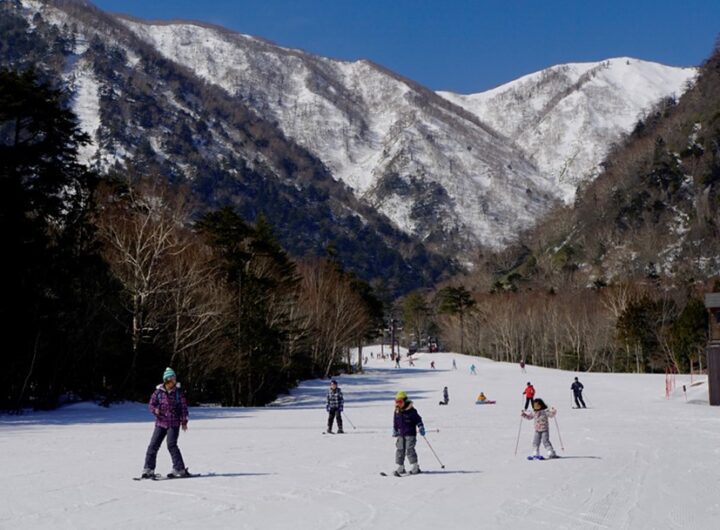 Nikko in Winter 2026: Snow, Skiing and Onsen Escapes Just Two Hours from Tokyo
Nikko in Winter 2026: Snow, Skiing and Onsen Escapes Just Two Hours from Tokyo 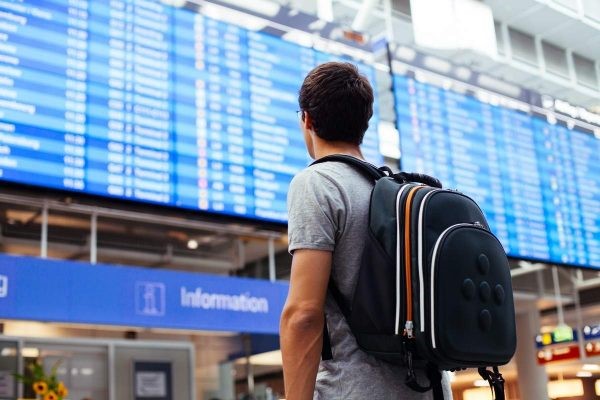 Travel Tops Aussies’ 2026 Savings Goals – And That Says A Lot About Us
Travel Tops Aussies’ 2026 Savings Goals – And That Says A Lot About Us  Discover Tokyo’s Magical Winter Illuminations: Why Japan is Australia’s Fastest Growing Year-Round Travel Destination
Discover Tokyo’s Magical Winter Illuminations: Why Japan is Australia’s Fastest Growing Year-Round Travel Destination 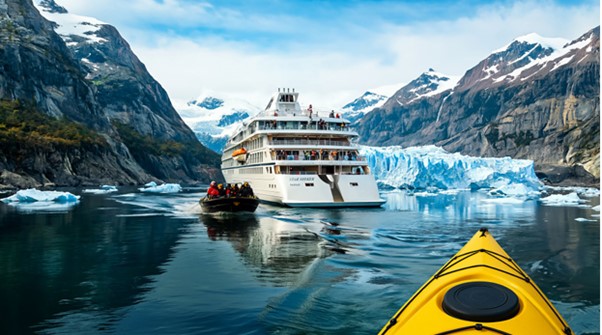 Windstar Cruises Opens Star Seeker’s Summer 2027 Sailings in Alaska & Japan—Book Early for the Ultimate Adventure!
Windstar Cruises Opens Star Seeker’s Summer 2027 Sailings in Alaska & Japan—Book Early for the Ultimate Adventure! 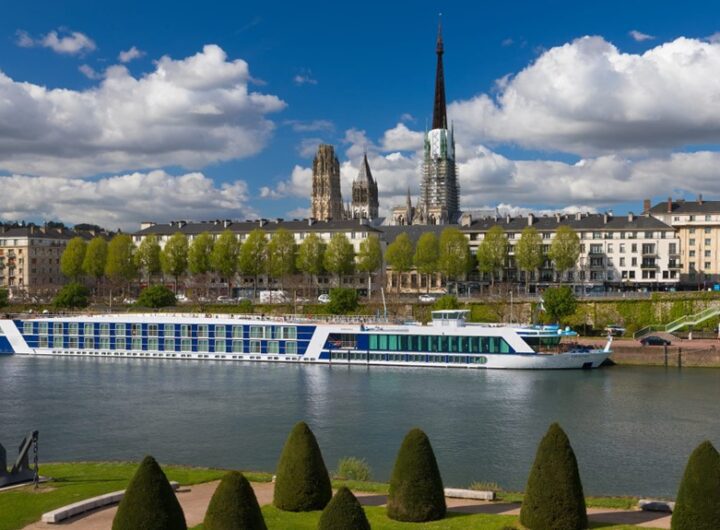 AmaWaterways Launches Fresh Brand Identity, Encouraging River Cruisers to ‘Follow Their Own Current’
AmaWaterways Launches Fresh Brand Identity, Encouraging River Cruisers to ‘Follow Their Own Current’  Marriott Bonvoy Launches Global Promotion Offering Bonus Points and Elite Night Credits Across 30+ Brands
Marriott Bonvoy Launches Global Promotion Offering Bonus Points and Elite Night Credits Across 30+ Brands 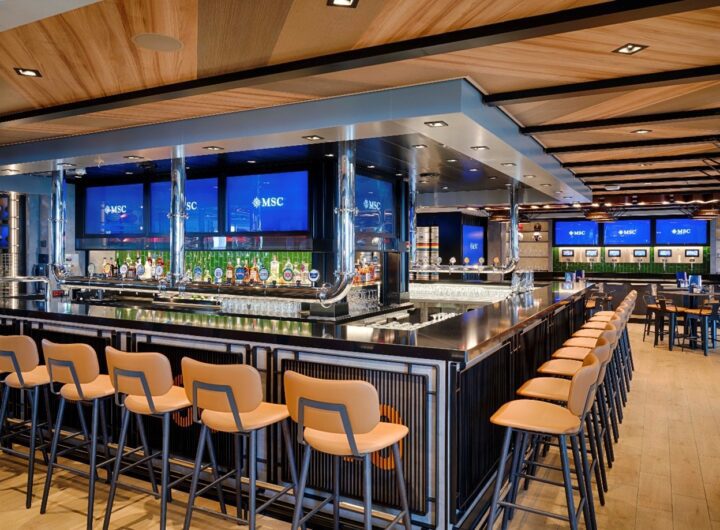 MSC Cruises to Stream 2026 Global Soccer Tournament Live Across Its Entire Fleet This Summer
MSC Cruises to Stream 2026 Global Soccer Tournament Live Across Its Entire Fleet This Summer 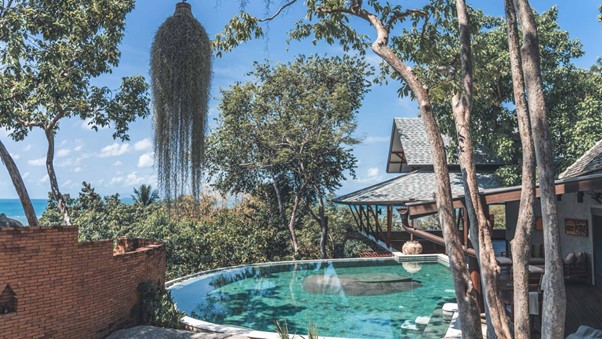 Five Reasons to Visit Kamalaya Now: Inside the Next Era of Thailand’s Legendary Wellness Sanctuary
Five Reasons to Visit Kamalaya Now: Inside the Next Era of Thailand’s Legendary Wellness Sanctuary 